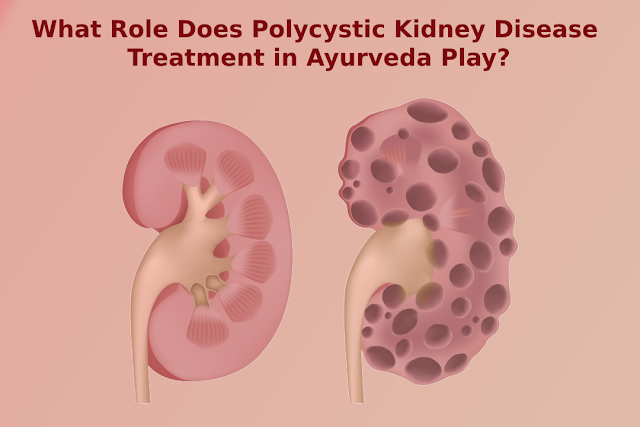Polycystic kidney disease is a kind of genetic disorder that causes a large number of cysts to grow in the different body organs i.e. kidney, liver, pancreas, and heart, etc. Generally, kidneys are affected by this health condition. A large number of fluid-filled cysts grow in the kidneys and they keep on growing continuously. These cysts enlarge the size of the kidneys and with their growth, they damage the kidney tissues completely hence the condition can lead to kidney failure eventually.
Symptoms of Polycystic kidney disease
Numerous symptoms appear in the condition of polycystic kidney disease. Some of the most common symptoms are listed below:
• Frequent urge to urinate
• Pain in the back or sides
• Urinary tract infection
• Kidney stones
• Heaviness in the back
• Skin dryness or itching
• Pain in the abdomen
• Blood in urine
These symptoms may appear in the condition of polycystic kidney disease. So, when you get to notice any of the above-mentioned symptoms, you should get alerted and find adequate polycystic kidney disease Ayurvedic treatment in order to get relieved from the condition completely.
Causes of Polycystic kidney disease
As mentioned above Polycystic kidney disease is a hereditary health disorder that a patient can get from one or both of his parents as gene mutation. In some of the rare cases of the disease, a person gets the disease due to any chronic kidney disorder.
Types of Polycystic kidney disease
When it comes to the type of kidney disease, generally they are two in numbers. Both of the forms of polycystic kidney disease are described below:
Autosomal dominant polycystic kidney disease: ADPKD is the common form of polycystic kidney disease. In this PKD, a patient can get the disease when one of his parents is affected by the gene of the disease. There are a higher majority of ADPKD patients as compared to ARPKD. The symptoms of ADPKD are visible only after the age of 30 or above.
Autosomal recessive polycystic kidney disease: It is a very rare form of PKD, in which a patient gets the disease when both of his/her parents carry the gene of the disease. The symptoms can be seen in the initial phase of life and sometime when the baby is in the mother’s abdomen. It is a life-threatening condition for the babies as most of the children having ARPKD do not survive even till their adolescence.
Autosomal dominant is a common form of PKD and a patient with this type of PKD may die at the age of 30 years or sometimes he may live up to 90 years. It depends upon the rate of how fast cysts are growing. When their growth rate is slow, the patient will live with the disease for more in comparison to the patient with fast cysts growth rate. Since Autosomal dominant polycystic kidney disease affects more people as compared to Autosomal recessive PKD hence the demand for the treatment of ADPKD is more than the treatment of ARPKD. Polycystic kidney disease treatment in Ayurveda is the most efficient treatment for all the forms of PKD.
Why polycystic kidney disease treatment in Ayurveda is the best solution?
Before exploring Ayurvedic treatment for the polycystic kidney disease, let us discuss Allopathic treatment. Allopathic treatment is a kind of method that doesn’t have the tendency of curing a disease but only suppresses the symptoms of the disease without touching the exact cause of the disease. As a result, when a patient leaves a disease he may notice the symptoms again as the actual cause of the disease is not cured. The treatment procedures that allopathy uses to treat the kidney related diseases have the same principle and they do not offer permanent treatment.
When it comes to Ayurveda, it is an ancient science that has the power of curing all kinds of kidney diseases. Ayurveda utilizes natural herbs and therapies in order to treat a disease. In addition, Ayurveda also recommends some lifestyle changes and follow a healthy diet as it believes there is a huge impact of the lifestyle and food on our body. With the help of these methods, Ayurveda heals a disease permanently. Polycystic kidney disease treatment in Ayurveda works on the same principle in order to cure this chronic disorder. For the treatment of PKD, along with Ayurvedic medications, an Ayurvedic doctor will also suggest a PKD patient to make some lifestyle and diet changes. In addition, a PKD patient also needs to follow some yoga stances. That’s why polycystic kidney disease treatment in Ayurveda is the best treatment so that to relieve this health disorder effectively.
Ayurvedic kidney specialist Dr Puneet Dhawan head of the kidney treatment center Karma Ayurveda work for the welfare of patient by providing herbal treatment for kidney related disorders without any side effects.




No comments
Post a Comment